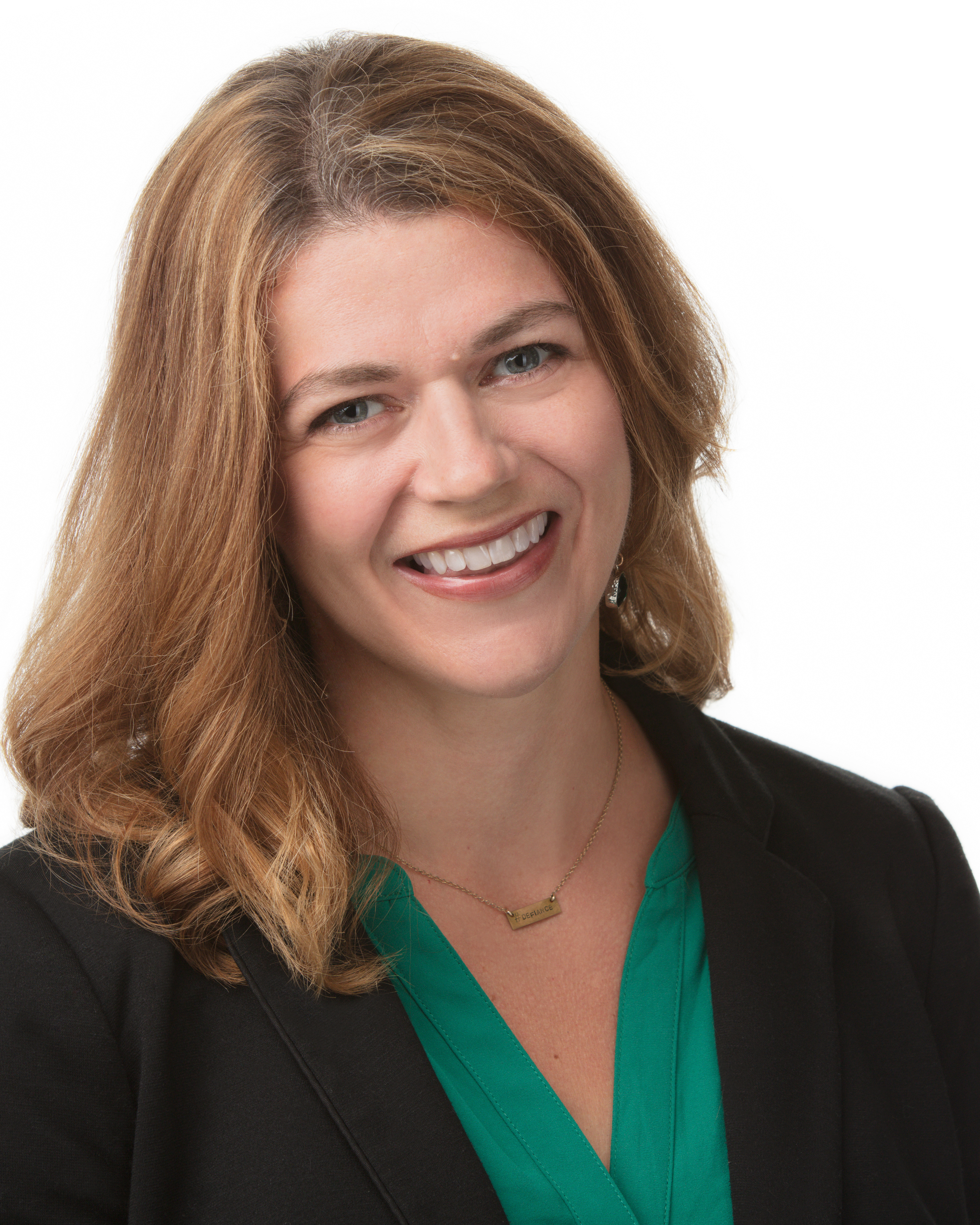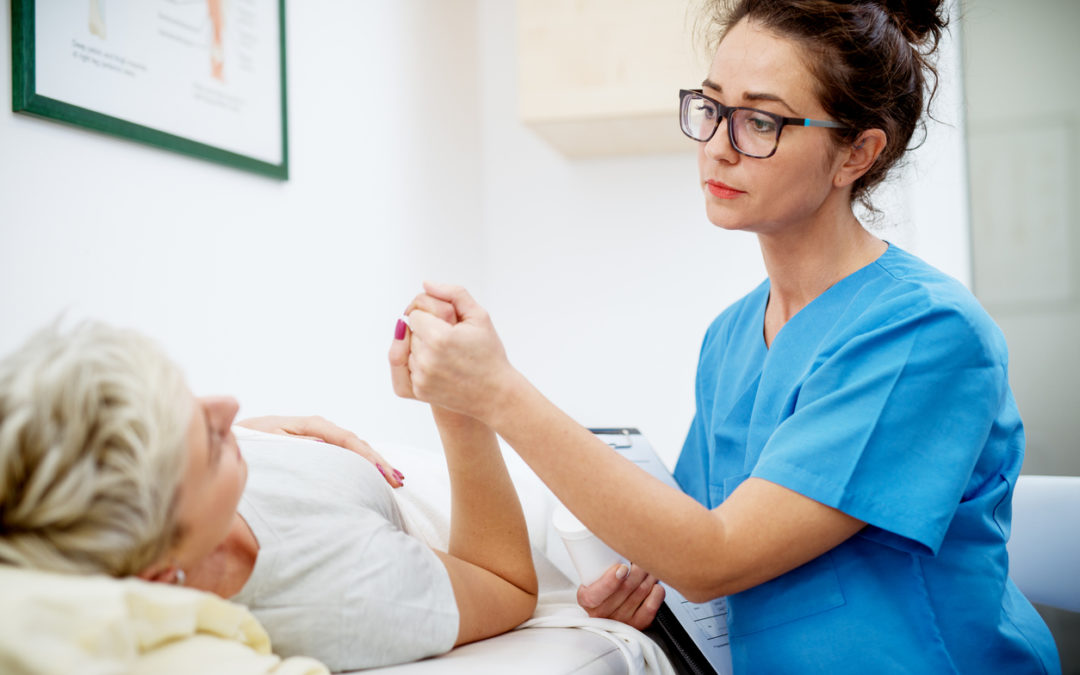The availability of preimplantation genetic testing (PGT), previously known as preimplantation genetic diagnosis (PGD), for hereditary cancer syndromes like BRCA1 and BRCA2 or Lynch syndrome is fairly universal these days. Even five years ago, however, many healthcare providers had limited knowledge about the availability of PGT for individuals with these conditions who were hoping to start a family. A 2014 study published in the Journal of Clinical Medicine explored the knowledge and comfort level of oncology nurses in talking with their patients about PGT. This post shares the findings of that article and a recent update from the authors on how this issue continues to evolve in the oncology clinic setting.
Study Details
The aims of this study were to (1) identify nurses’ level of knowledge about PGT and factors influencing that knowledge, (2) determine what barriers prevented nurses from discussing PGT with their patients, and (3) learn how nurses would prefer to learn information about PGT. The study population included 201 oncology nurses working at Moffitt Cancer Center at the time who responded to an online survey. The majority of respondents were female, white, Catholic or atheist, and held an RN/BSN nursing degree.
Study Results
1. Nurses’ Knowledge of PGT
Prior to the survey, 76% of nurses responded that they had not heard of PGT. Fifty-nine percent of those who had heard of PGT rated their knowledge as “limited”.
2. Barriers to Discussing PGT
The largest barrier to nurses discussing PGT with patients was a lack of confidence in their knowledge of the technology (89%). Not having sufficient time was the second largest barrier (53%) followed by religious or social concerns (39%). About a third of respondents felt the discussion was better initiated by a physician.
3. General Perception and Educational Preferences
Despite the lack of prior knowledge of PGT, 81% of respondents felt that patients with a personal or family history of a hereditary cancer syndrome should be provided information about PGT as a reproductive option. Fifty-three percent would want more information from a genetic counselor while 21% would prefer learning about PGT from a physician with genetics training.
Discussion
By and large, the results of this study indicate that oncology nurses support sharing information about the option of PGT with patients who have a strong personal or family history of a hereditary cancer syndrome. They are concerned about it being used for inappropriate purposes, and there is a need for further education to alleviate those concerns so nurses can provide an accurate and balanced explanation of this option to their patients. There also seemed to be some concern that discussions about PGT were best initiated by the patient’s physician. However, nurses are an important information resource in the clinical environment, particularly when it comes to reproductive options, and their role in this conversation may need to be clearly delineated so they feel comfortable initiating this discussion. Finally, there is a need for additional genetics training in oncology nursing programs to provide sufficient background knowledge for nurses to feel confident discussing PGT with their patients.
Update
Dr. Gwendolyn Quinn, primary author on the original study, generously answered some questions on how perceptions and knowledge of PGT may have changed since 2014. Her answers suggest that general awareness of PGT is growing but there may still be barriers to widespread adoption for patients with hereditary cancer syndromes.
Do you think oncology nurses are more aware of PGT now?
I think awareness has increased but I’m not sure if attitudes have changed. As genomic and panel testing capacity has improved and costs have decreased, PGT has been offered more widely and is more affordable, but there are still personal values involved in the decision to use (at the patient level) and potentially to recommend (at the nurse level).
Are patients with hereditary cancer syndromes more aware of and accepting of assisted reproductive technologies that may include PGT?
Again, awareness has increased, but the personal values held by people probably have not. What we hear most often is the grief over the loss of the dream to “have a baby the old-fashioned way” and to “just be excited and tell everyone I’m pregnant and not have to wait for lab tests.” Additionally, people with a long family history of hereditary breast and ovarian cancer (HBOC) sometimes feel they are letting their family down by “excluding” a potential child with a genetic condition that is adult onset. Also, while costs for PGT have decreased, costs for assisted reproductive technologies are still high. Some states’ legislation is changing, requiring insurance coverage if there is a cancer diagnosis (7 states) – but this doesn’t help unaffected carriers or “previvors” or people who live in a state that doesn’t require coverage.
How can centers that perform PGT improve outreach and collaboration with health care providers like oncology nurses?
It would be helpful if tools were developed to help young people who are carriers or survivors to make decisions about using PGT. If more nurses and physicians preemptively spoke about the option of PGT, it may help the “silent sufferers” – those who say they don’t want kids because they don’t want to pass along cancer risk. But, while only 8-10% of cancers have a hereditary component, almost 100% of people with cancer think it is hereditary – so the education has to be about more than PGT, but genetics and risk.

Jessica Greenwood is an independent consultant to Sharing Health Genes. As a licensed genetic counselor and digital health consultant, she works with health-related organizations looking to deliver memorable messages of health in the digital space. Mrs. Greenwood started her career in a clinical role, working for eight years as a preconception and prenatal genetic counselor before transitioning to industry. Mrs. Greenwood completed a year-long certificate program in Digital Health Communication at Tufts University that spearheaded her work in digital health. She now consults with health-related organizations, assisting with the creation and execution of a digital strategy including the development of health literate patient-centered educational materials. Mrs. Greenwood earned a Bachelor of Science degree from North Carolina State University with a minor in Genetics and a Master of Science in Genetic Counseling from the University of North Carolina at Greensboro.
